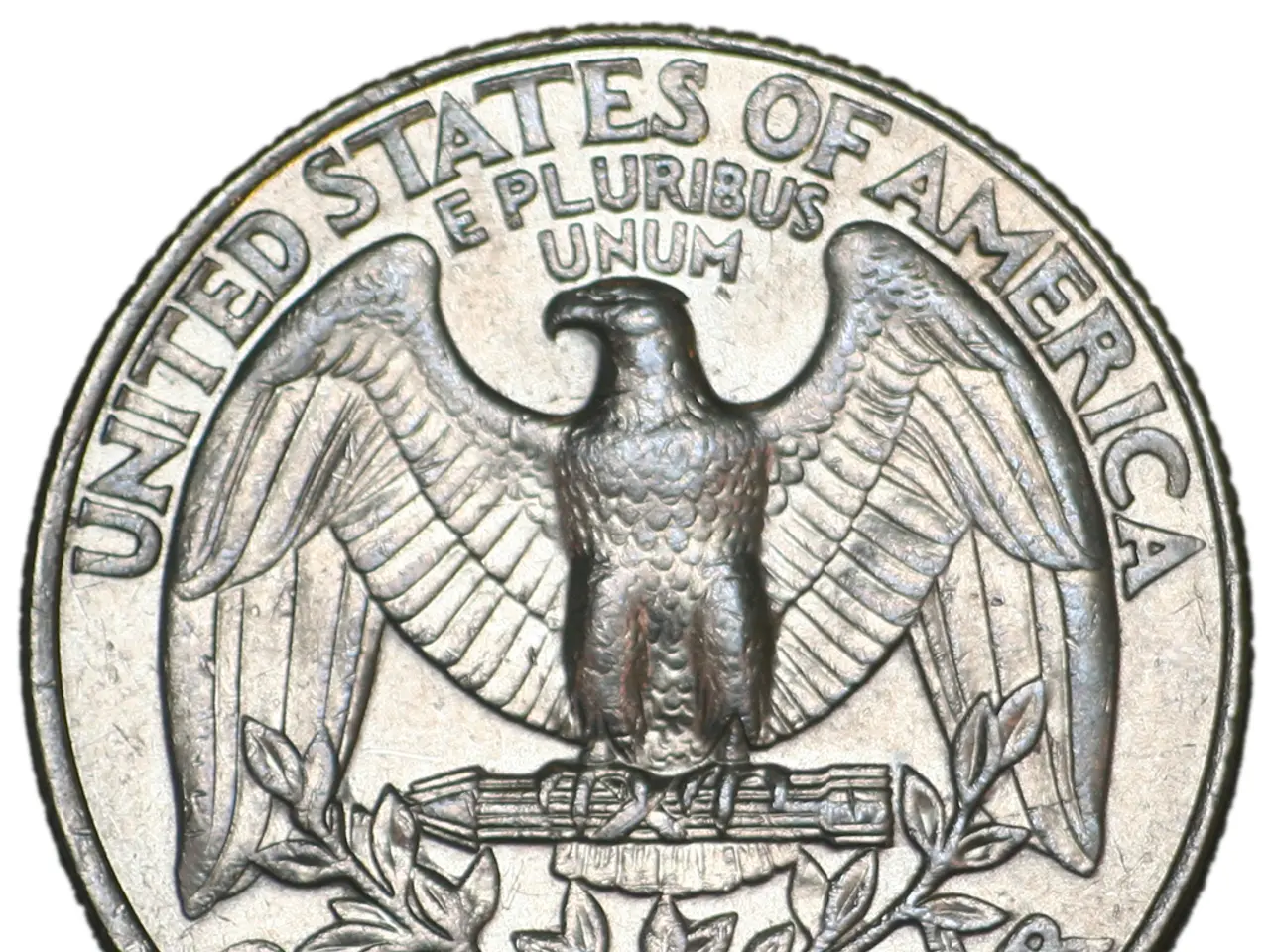Credits Cards Now Support Digital Currencies
In a significant move towards embracing the digital currency revolution, Visa and Mastercard are integrating cryptocurrencies into their payment ecosystems. This strategic shift aims to facilitate mainstream usage of cryptocurrencies in everyday transactions and respond to the growing demand for crypto payments.
Visa's approach involves launching pilot programs that utilise the Ethereum public blockchain, enabling real customers to use blockchain-based payment solutions. The company is enabling card issuers to offer stablecoin on-ramps and off-ramps via stablecoin-linked cards, allowing customers to pay with stablecoins, which Visa converts to fiat currency for merchants. This facilitates seamless spending and has already seen significant adoption, with Visa processing over $100 billion in crypto purchases and $25 billion in crypto spending through its cards.
Mastercard, on the other hand, has launched a zero-fee crypto card in partnership with Bitget Wallet, eliminating annual and top-up fees and allowing spending crypto at over 150 million merchants globally. The company is also partnering with Fiserv to launch a stablecoin called FIUSD, aiming to integrate it across its extensive merchant network for seamless conversion between stablecoin and fiat.
Both Visa and Mastercard recognise the existential threat posed by direct on-chain payments that bypass traditional card networks. Their strategies focus on bridging between crypto assets and fiat currency systems, enabling merchants and consumers to transact in stablecoins with the ease and reach of existing payment networks. This integration aims to bring the utility of cryptocurrencies to mainstream users by embedding them into tried-and-true payment infrastructures while reducing fees and expanding access globally.
PayPal Holdings have also joined the crypto bandwagon, allowing US consumers to pay in cryptocurrencies and convert them to local currency using a blockchain platform. As cryptocurrencies are digital assets that help move value across countries with marginal transaction costs, managing security threats and exchange losses is crucial for them to become part of mainstream commerce.
While there is uncertainty about whether merchants will find a way to settle crypto transactions directly to avoid payment of transaction fees to credit card payments, new security measures for crypto wallets are being evaluated. These include metal cards, fingerprints, and face identification to enhance the security of these third-party services, which are perceived as potential targets for hacking.
In summary, Visa, Mastercard, and PayPal are embedding stablecoins into their payment systems via pilot blockchain programs, stablecoin-linked cards, strategic partnerships, and new crypto payment products. This evolution helps these companies maintain their dominance in payments while embracing the crypto economy's growth. As the world continues to adapt to the digital age, it's clear that cryptocurrencies are becoming a serious contender as mainstream currency for daily transactions.
The fintech industry is witnessing a surge as Visa and Mastercard, both prominent players in the finance sector, are integrating cryptocurrencies into their payment ecosystems. By launching pilot programs, cards linked to stablecoins, and strategic partnerships, these companies aim to seamlessly convert cryptocurrencies into fiat currency for merchants, bridging the gap between the crypto and traditional finance worlds.




